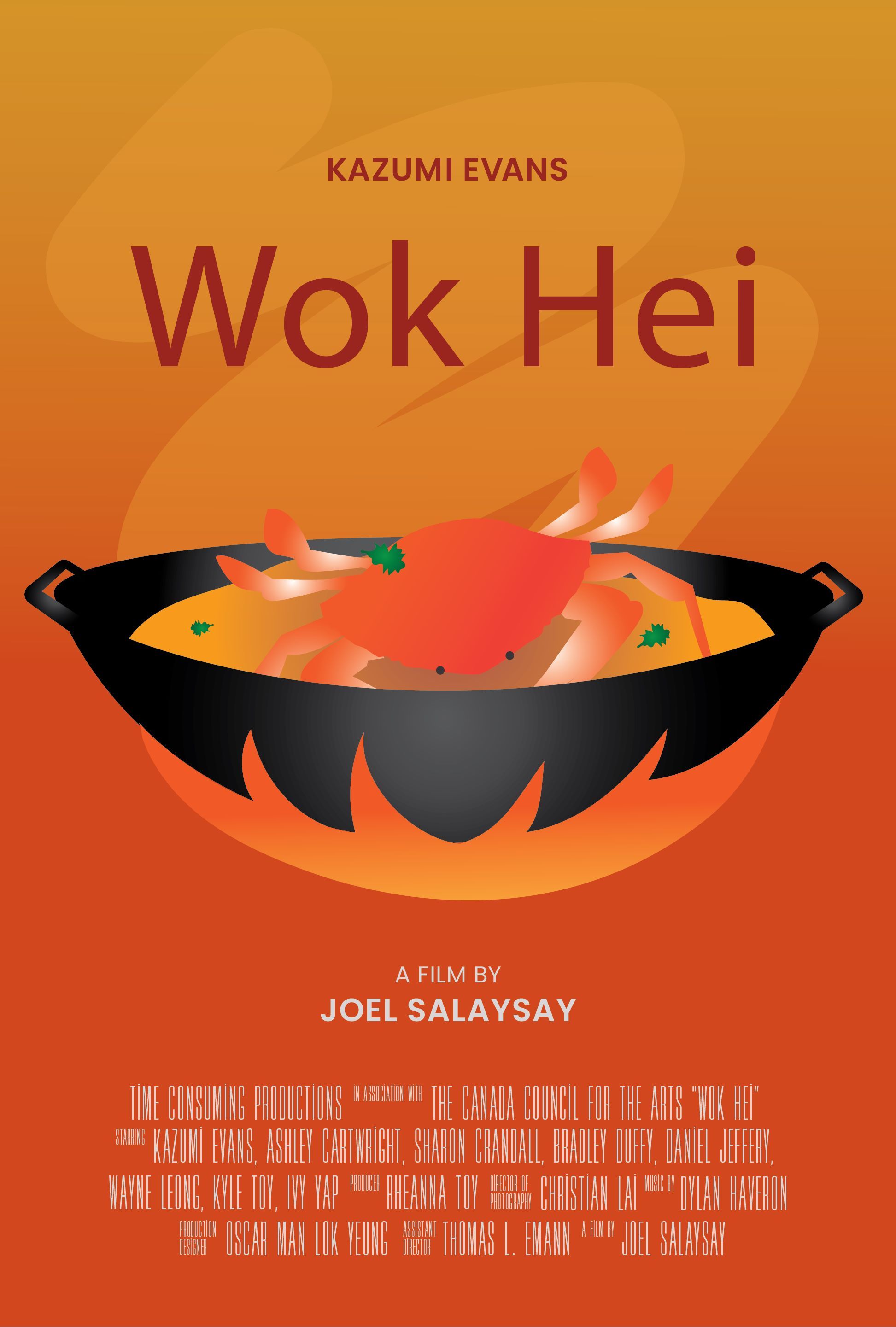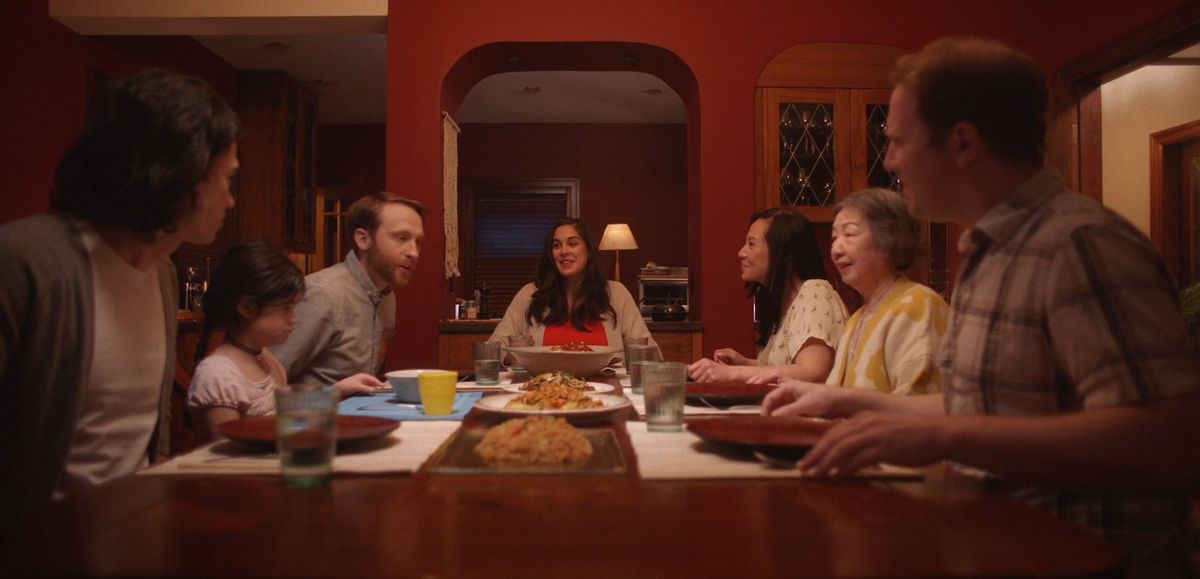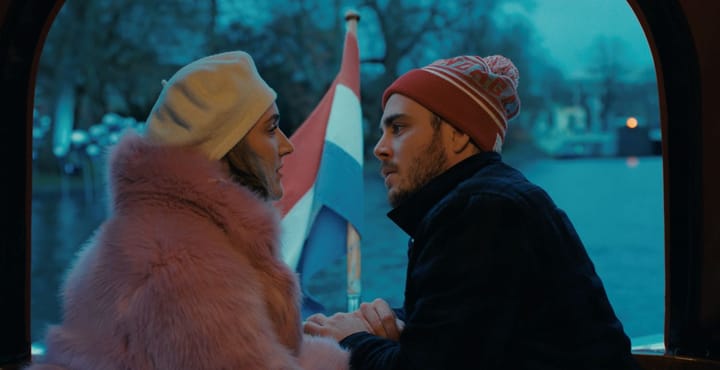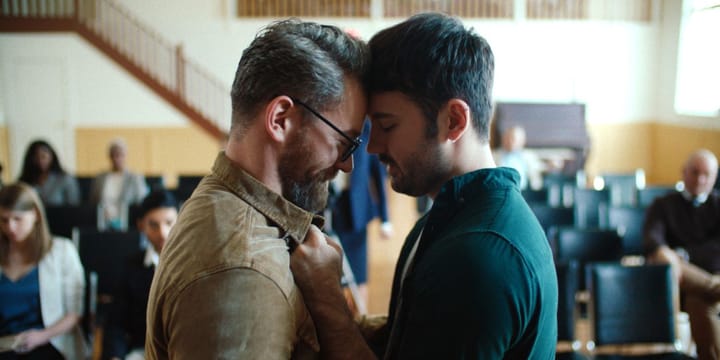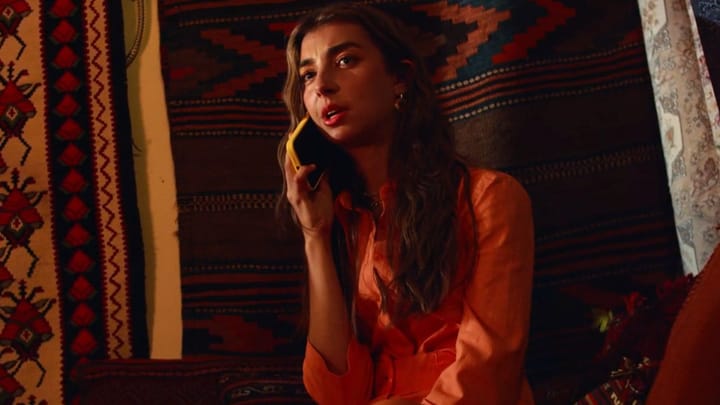An Asian-Canadian mother reflects on her heritage after uncovering a forgotten family wok in Wok Hei. We chat with writer-director Joel Salaysay about the importance of cultural identity and the making of his food-inspired short.
Wok Hei tells the story of an Asian-Canadian mother (played by Kazumi Evans) who reconnects with her roots by restoring an old and rusty family wok. In the process, she discovers the importance of upholding her cultural heritage and passing it on to future generations.
The film was written and directed by Joel Salaysay, a Vancouver-based Canadian filmmaker of Chinese-Filipino descent. Salaysay says he chose food as the central focus of the story because of its ability to transcend generations and express feelings of love.
“Wok cooking is an important aspect of lots of Asian cuisines, and there’s a concept called wok hei – which refers to the ‘breath of the wok’ – the principle being that the essence of every meal remains sealed in the pores of the cast iron,” he says. “Letting a wok get rusty and restoring it seemed an important metaphor, and an interesting visual way to convey the film’s theme.”
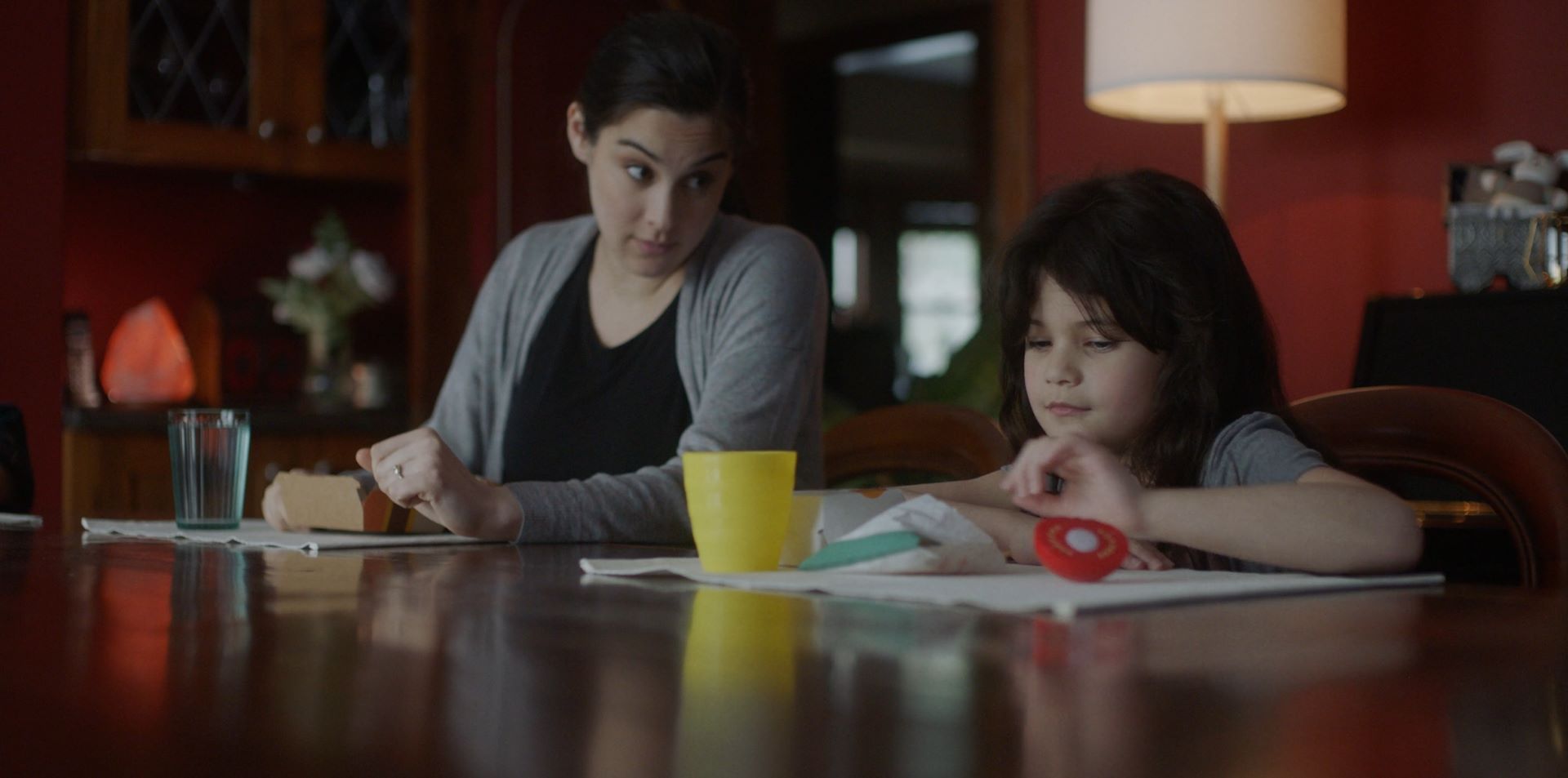
Salaysay adds that the film draws heavily on the role food played in his personal upbringing, as well as many of the experiences he has had throughout his life linked to his cultural identity.
“My sister and I grew up, as all kids do, wanting to fit in, and therefore I think we pushed aside many of the elements that made us different, and part of that was our culture,” he says. “Now that we’re older, we recognize that the things that made us different are the things that made us special. The film celebrates those things instead of shying away from them.”
“Now that we’re older, we recognize that the things that made us different are the things that made us special. The film celebrates those things instead of shying away from them.”
Wok Hei was also a real-life family affair for many of the cast and crew. Salaysay’s nine-year-old niece, Ashley Cartwright, appears in the film; while brother-sister duo Rheanna and Kyle Toy produced/edited and acted in the film, respectively. Salaysay’s wife Carolina also helped with the application for the grant the project received from the Canada Council for the Arts.
“The whole cast was a thrill to work with, starting with Kazumi, the film’s lead, who is the nicest person you’ll ever meet. On camera, she had to convey a lot physically, and she did it all while eight months pregnant like an absolute champ,” Salaysay says. “With extensive voice acting experience, it also made recording the film’s voiceover a breeze.”
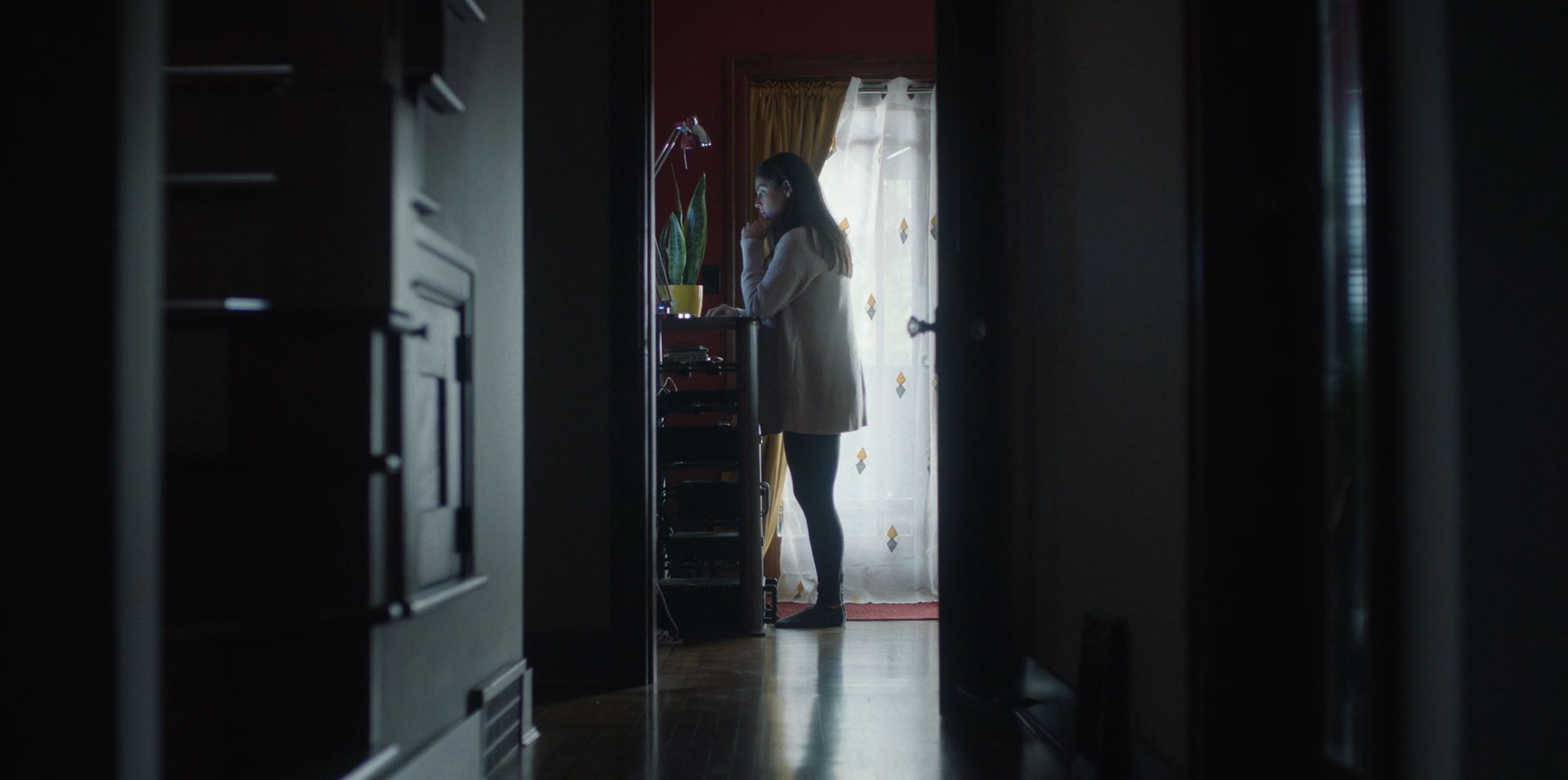
Prior to Wok Hei, Salaysay had gone five years between helming live-action narrative shorts, and he admits that it was a challenge juggling time spent on the project and his full-time job as a 3D animation director.
“I shot a lot of rough footage in my apartment on my phone, using my wife and dog as stand-ins for most of the main cast, and made some 3D sequences in Maya as a really primitive form of pre-visualization for the film,” he says. “This allowed me to make a detailed shot list and map out how a scene could be blocked before we stepped on set. The shooting ratio on this film was, consequently, one of the tightest in my career.”
“When you have a strong enough understanding of what your story is about, and you come in prepared, it allows you to roll with the punches a lot more easily.”
He adds that the project required a level of organization beyond anything he had previously done, but that it also taught him to better delegate and collaborate with others.
“No matter how much planning you do, you can’t depend on the weather to go your way. Since I first got into making films, I’ve known one thing to be constant: when you need rain, it’ll be dry, and when you need it to be sunny, it’ll rain, hail, and snow on you,” Salaysay says. “But, when you have a strong enough understanding of what your story is about, and you come in prepared, it allows you to roll with the punches a lot more easily.”
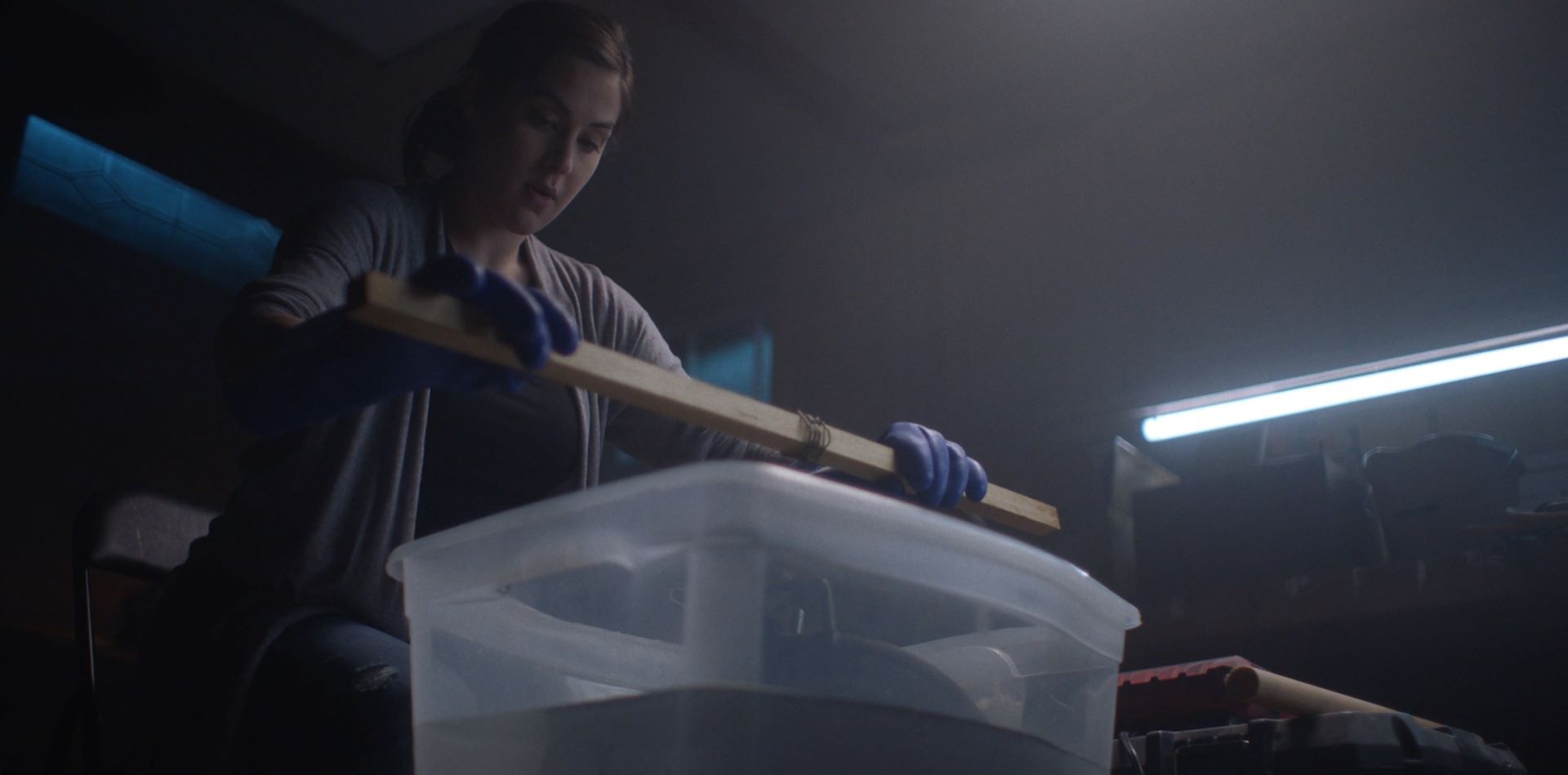
With Wok Hei currently serving up an on-screen feast for audiences at festivals around North America, Salaysay says the experience feels like “a monumental achievement” and one which has helped him grow a lot closer to his roots.
“I think there are universal aspects to the story, but at the same time, I think this story has particular resonance for first-generation and Asian audiences,” he says. “It’s also probably my most optimistic film to date. The final scene is about being in the headspace to recognize the significance of a moment or a gesture and to take the time to sit back, reflect on it, and appreciate it.”
Find out more about Wok Hei on the film’s IMDB page here or connect with Joel Salaysay on Instagram here (@jsalfilms).
